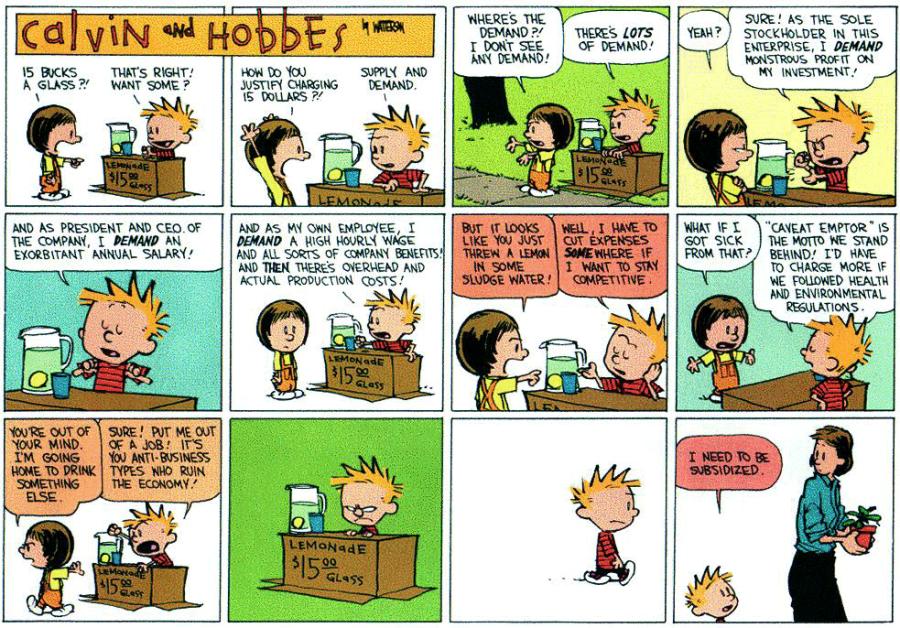Many of us have a big stack of books that we hope to read. Sometimes there’s a plan, often it’s a spur of the moment grab. Here’s some of the titles I currently hope to get to — soon, someday, maybe never.
STORY by Robert McKee — a book on the craft of writing, the dynamics of story.
PAUL IS UNDEAD by Alan Goldsher — the Beatles as flesh-eating zombies, naturally.
LEGENDARY SESSIONS: BOB DYLAN, HIGHWAY 61 REVISITED by Colin Irwin — the great artists always make me want to know more; and alas, with so many of today’s celebrities, we just want to know less. Much, much less. Charlie Sheen, I’m looking at you (and I don’t want to).
CRUDDY by Lynda Barry — found this in a used bookstore. Lynda Barry is completely awesome, I revere her. A true artist.
THE UNNAMED by Joshua Ferris — I enjoyed his previous book, Then We Came to the End.
TO THE LIGHTHOUSE by Virginia Woolf — a classic that has slipped through the cracks. Okay, not cracks. The gaping holes in my education.
HOW TO WRITE YOUR LIFE STORY by Ralph Fletcher — I loved Boy Writers, and really respect this man and all that he works to achieve.
BEST NEW ZOMBIE TALES, VOL. 1 — a collection of stories, old and new, about zombies. I’m kind of maybe looking for inspiration here, ideas. No, I’m not writing a zombie book, exactly.
FREEDOM: A NOVEL by Jonathan Franzen — feels like a mandatory read, a divisive book that people seem to either love or hate. No idea in which camp I’ll be.
LET US NOW PRAISE FAMOUS MEN by James Agee — I just finished A Death in the Family and it blew me away. One of the best things I’ve read. Ever.
SLOB by Ellen Potter — this book just keeps coming up on lists, over and over again. At a certain point, I take that as a sign: Somebody’s trying to tell me something.
SUMMERTIME by J.M. Coetze — it’s been a while since I’ve read anything by Coetze, and this book fell into my hands. We’ll see.
WAR DANCES by Sherman Alexie — curious about this one, the rag-tag format, the voice, the awards.
POINT OMEGA by Don DeLillo — a great writer and a book I didn’t know about until I had it in my hands. I love, love, love a short book!
THE MEMBER OF THE WEDDING by Carson McCullers — another used bookshop buy, a classic I haven’t read yet.
LIFE by Keith Richards — should be a lot of fun, waiting for the right moment. I asked for this for my birthday and . . . got it!
What birthday? The one that happened back on February 1st.














